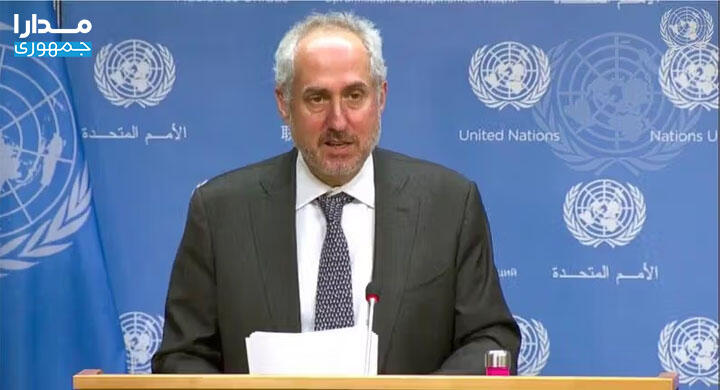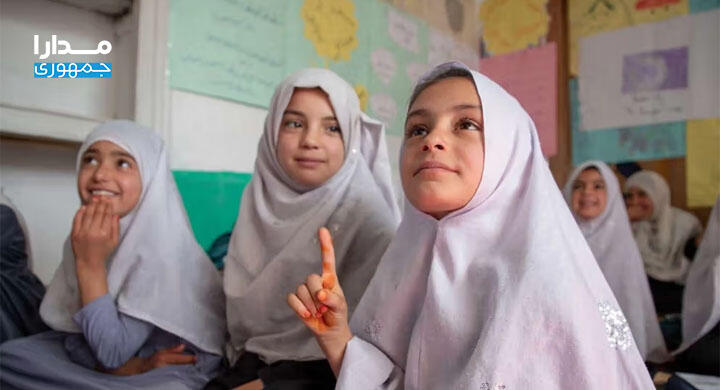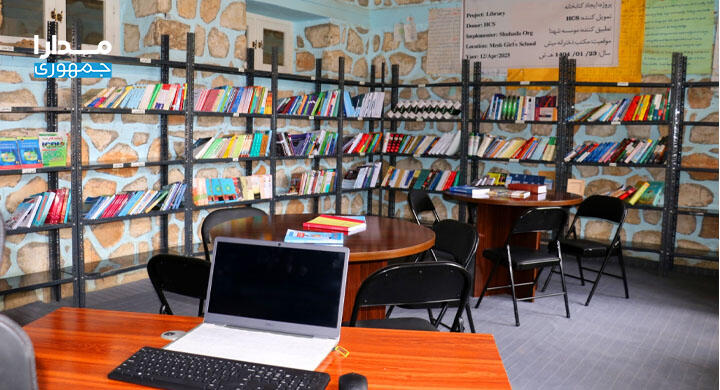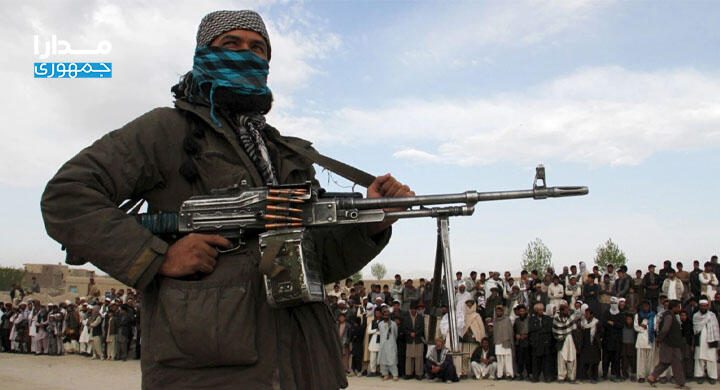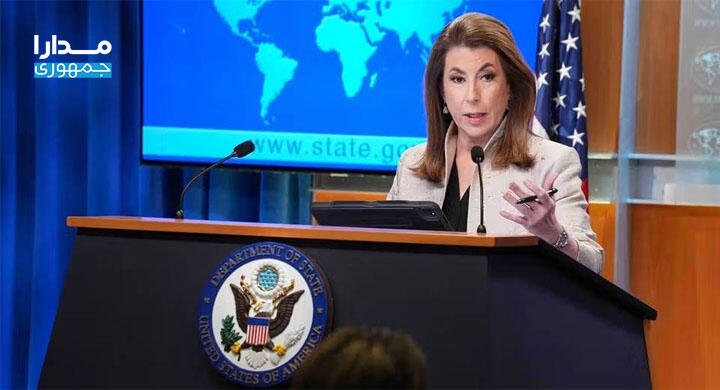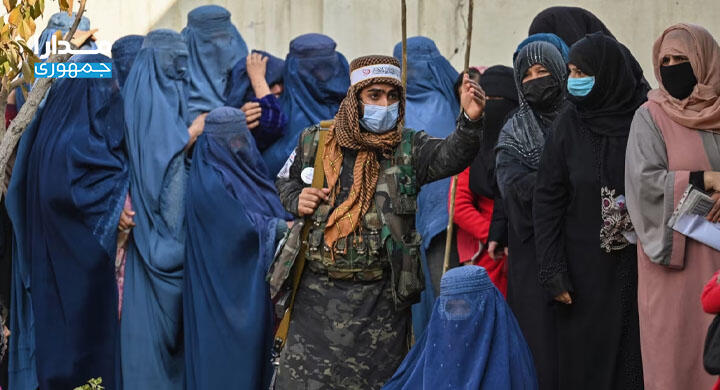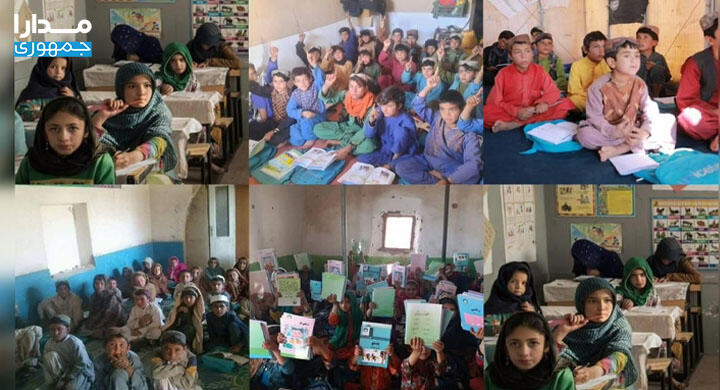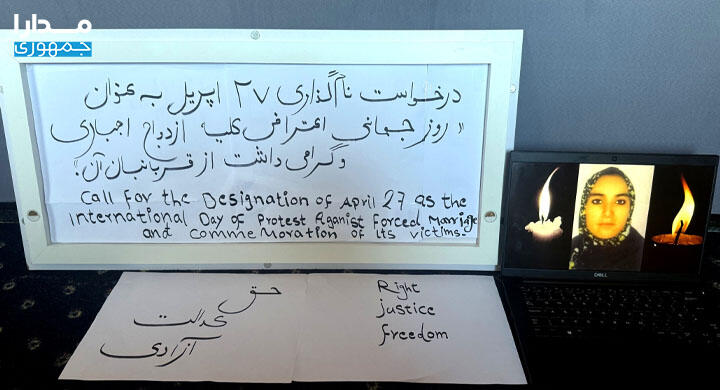Education crisis in Afghanistan: OCHA warns of girls' future
-
Saleha Rezai
- April 08, 2025
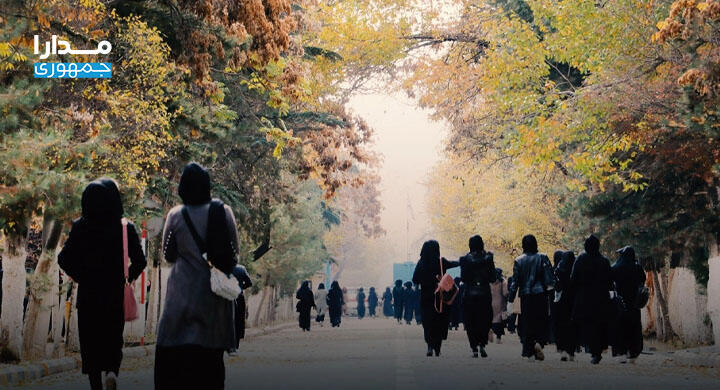
Jumhuri Mudara: In its new report, OCHA has reported an increased risk of illiteracy, child labor, and early marriage following the ban on girls' education and the lack of economy in Afghanistan.
The organization announced on Tuesday (April 8) that 1.5 million girls under the Taliban's rule have been deprived of education beyond the sixth grade of school for the past three years.
According to the organization's report, poverty and lack of development are among the main and long-term challenges in Afghanistan.
The OCHA report states that 9 million children and 888,000 disabled people need education.
OCHA said that in January 2023, the Taliban ordered that educational classes be handed over from foreign institutions to domestic institutions and education departments.
The organization says that this change has caused access to education to be drastically reduced , and as of December 2024, only 1,315 of the four and 332 transitional classes remained active.
OCHA said that about 52,000 children, most of them girls, have dropped out of school, and the Taliban's focus on public schools has affected the future of education in deprived areas.
According to OCHA's report, an assessment conducted in 2024 shows that 11% of families have prevented their children from educating due to poverty and lack of economy, and they have deprioritized education.
The report states that in 2024, only 20% of the 182,000 children returning from abroad were able to go to school.
OCHA has warned that the number of out-of-school children will increase in 2025.
OCHA says 93.3 million dollars is needed to support 831,000 children in 2025 for urgent education assistance in Afghanistan.
According to OCHA, the money is used to provide school materials, train teachers, build makeshift classrooms and help classes that do not have access to formal schools.
